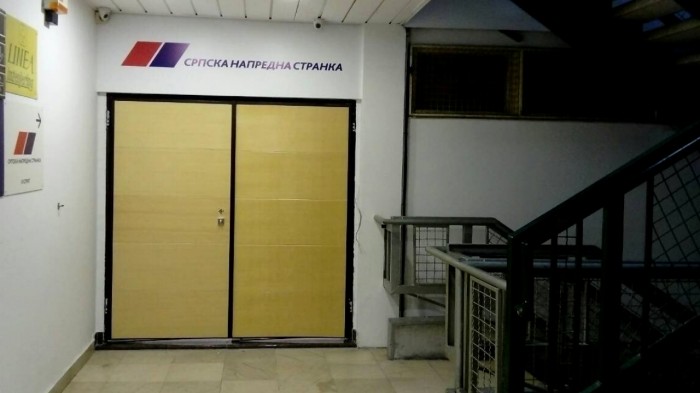The public procurement system should be observed as specific and complex given that it implies procedures aimed at the achievement of a particular objective, with earlier defined deadlines, necessary resources and expected results to meet the needs of end-users - citizens of a country. All steps in the implementation of public procurement procedures must be planned in advance and adjusted to the justified purposes that they serve and the results to be achieved, in accordance with public procurement principles and regulations, and the basic “value for money” public procurement principle.
Due to substantial public funds spending, well-conducted public procurement can and must play one of important roles in strengthening the efficiency of the public sector and building citizen trust both in the public procurement system and competent institutions conducting supervision of the application of regulations and implementation of procedures in this field. Still, public procurement, as an important part of public spending, is the area particularly vulnerable to irregularities in all phases of implementation. The consequences of inadequately implemented public procurement procedures have a twofold negative influence on the work of all contracting parties: the costs of their functioning increase, while the quality of services they provide to citizens is weaker than needed.
In general, a significant focus is placed in the European Union (EU) on the conflict of interest, irregularities and corruption in public procurement, which is particularly important given the status of the Republic of Serbia in negotiations on joining this intergovernmental and supranational community of twenty eight countries of Europe. The European Anti-Fraud Office (OLAF) plays an important role, with numerous researches it has conducted, and studies and publications it has published about the fight against corruption and conflict of interest in public procurement.
In a part of Chapter 5 of Serbia’s negotiations with the EU, negotiations opened at the very end of 2016. At the time, the European Commission (EC) defined for the Republic of Serbia the closing benchmarks, which include the adoption of mechanisms to curb irregularities and corruption in public procurement. In terms of this analysis, particularly important are the benchmarks which require the strengthening of control mechanisms, including direct monitoring and improvement of transparency of the phase of execution of public procurement contracts and systemic risk assessments with the prioritisation of control in the most vulnerable areas and procedures, including the measures concerning the prevention of and struggle against corruption and conflict of interest in the public procurement field.
The measures to prevent corruption in public procurement are also the topic of Chapter 23 which relates to the judiciary, anti-corruption policy, fundamental rights and the rights of EU citizens. The activities from Chapter 5 that Serbia will undertake in relation to the public procurement system are also important for Chapter 24 - Justice, freedom and security. The fight against organised crime and judicial and police cooperation (the topics that the Chapter relates to), particularly in the field of public procurement that is highly vulnerable to corruption, are of great importance for this Chapter.
Read more on public procurement in chapters 23 and 24, legislation in Serbia in this area and recommendations for improvement in this policy paper.
The Action is supported by the European Union through the program “Civil Society Facility” under the Instrument for Pre-Accession Assistance (IPA). The contents of the Report are the sole responsibility of the publisher and views expressed in this document are not necessarily those of the European Union.


